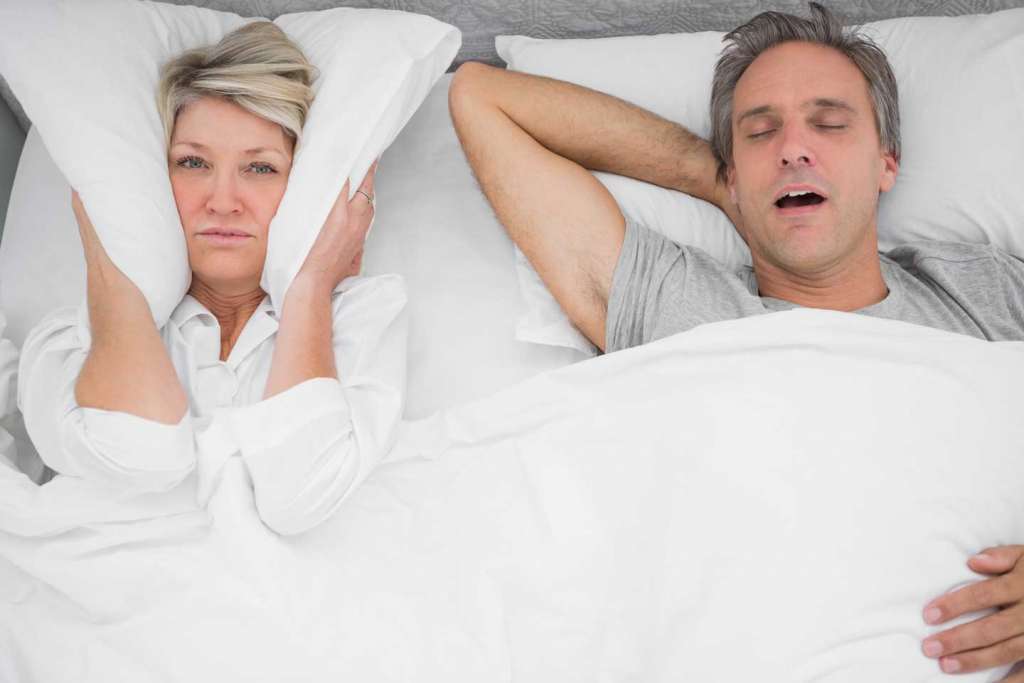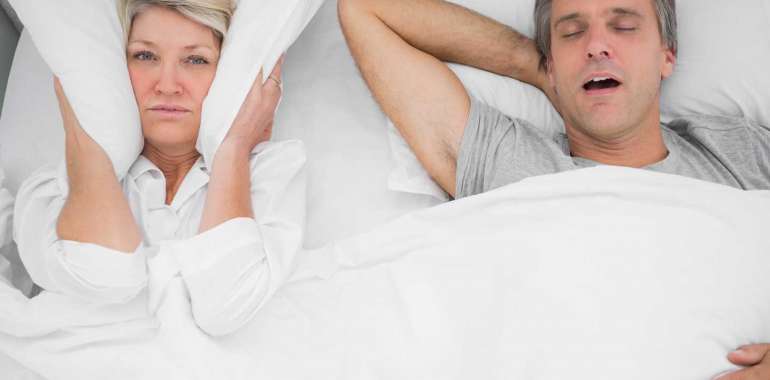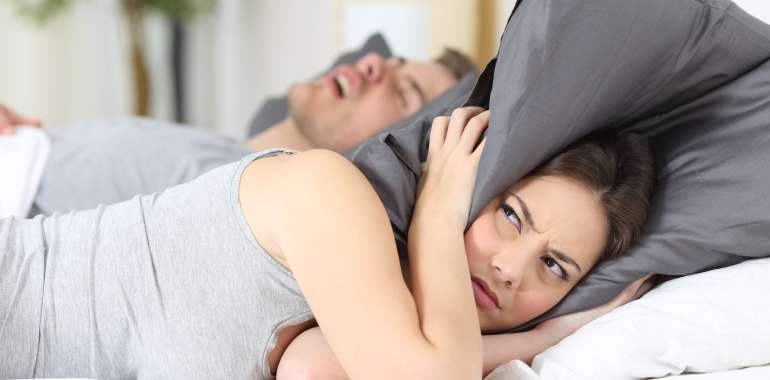 Snoring occurs as a result of the vibration of respiratory structures of the body. Usually, the sound comes from air movement being obstructed during breathing when sleeping. The sound can be unpleasant to other people in the surrounding environment. But it can also indicate some serious health issues.
Snoring occurs as a result of the vibration of respiratory structures of the body. Usually, the sound comes from air movement being obstructed during breathing when sleeping. The sound can be unpleasant to other people in the surrounding environment. But it can also indicate some serious health issues.
If you have never received complains about your snoring habits, you have probably had a bad experience of sleeping with a person who snores. People snore when they sleep because their body muscles, including the muscles in the throat and neck area, relax. The relaxation reduces the space in airwaves causing snoring.
Let’s look at snoring causes and effects so that you have a better understanding of the condition.
What causes snoring?
The obstruction of the air flow can be caused by the following:
- Bulky throat tissue
Most obese people experience snoring because they have bulky throat tissue. Additionally, children with adenoids as well as large tonsils also snore often.
- Obstructed nasal airwaves
Some people snore during an allergy season or when they are suffering from a sinus infection. Additionally, natural deformities in the nose or nasal polyps can also obstruct the airflow and cause snoring.
- Poor muscle tone in the tongue and throat
Tongue and throat muscles can relax enough to make them collapse and fall back obstructing the airway. This can happen when consuming sleeping pills, excessive alcohol consumption, and deep sleep. Additionally, aging can cause the throat and tongue muscle to relax.
- Long soft palate or uvula
A long uvula or a long soft palate can make the space connecting the nose to the throat narrow and when they vibrate, the airway is obstructed causing snoring.
Effects of snoring
Continuous snoring can be a sign of sleep apnea. Sleep apnea creates the following health problems:
- Interruptions of breathing
Interruptions of breathing can last for minutes during sleep. The cause of the interruptions is the obstruction of the airwave either totally or partially.
- Light sleeping
Some people who snore frequently have difficulties going into a restorative, deep sleep because they often wake up many times in a night interfering with the normal pattern of sleep. Additionally, light sleeping will mean you will spend the following day feeling drowsy.
- Heart straining
If you suffer from obstructive sleep apnea for a prolonged length of time, your blood pressure will increase and strain your heart, increasing the chances of a stroke or a heart attack.
Snoring can be treated in any number of ways. Having a good sleep system — mattress and pillows that properly support your body, for example- can be one part of snoring cure.





